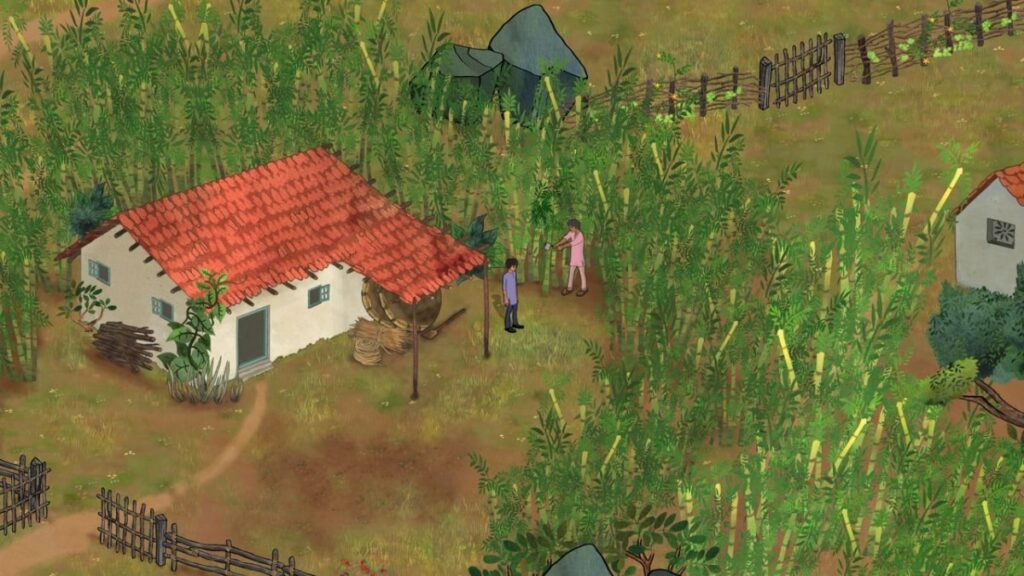A consortium of Indian video game and esports companies has appealed to the newly formed government for a comprehensive policy targeting the industry, streamlining legislation and a clear distinction from real-money games, which are often confused with video games under the umbrella term “online gaming”. . Apart from the clear classification, the country’s video game industry, represented by more than 70 companies, has also made nine additional proposals that will help accelerate the growth of the gaming sector in India.
Indian video game industry writes to PMO
In a letter to the Prime Minister’s Office (PMO) and the Ministry of Information and Broadcasting (MIB) sent on Tuesday, Indian video game companies demanded a “comprehensive video game-oriented policy in line with global best practices”. The companies have also appealed to the government to support extensions of Indian original IP addresses, as well as to simplify the legal and regulatory framework to help create a clear video game policy in the country.
“The Indian video games industry has requested the newly formed Indian government to break the existing classification of online games into two separate categories — video games and real money games — for a fair and equitable policy and to promote the growth of the sunrise sector in a new representation letter. to the Prime Minister’s Office and to the Office of the Minister of Information and Broadcasting (MIB),” the companies’ press release states.
Harish Chengaiah, founder and CEO of Outlier Games, who also organized the Indian Game Developers Consortium, said the video game industry in India is estimated to be worth $942 million (roughly Rs. 7,864 crore) in 2024, citing video game data. market research company Niko Partners. The gaming sector in India is expected to reach $1.6 billion (approximately Rs. 13,357 crore) by 2029, surpassing the combined revenues of all Indian film industries and becoming the largest entertainment industry in the country.
Outlier Games’ CEO also sought to draw a clear line between video games — “digital games focused solely on entertainment that do not include an element of monetary wagering” — and real-money games.
“We urge the government to take a measured and nuanced approach to video games as they have clear potential to spearhead India’s creative economy and soft power aspirations,” Chengaya said.
Policy Proposals for the Indian Video Game Industry
In their letter to the PMO and the office of Union Information and Broadcasting Minister Ashwini Vaishnau, companies representing the video game industry in India also shared ten proposals under the AVGC-XR National Policy for the government to help accelerate the growth of the sector in the country. These include requiring a clear distinction between video games and real-money games to facilitate policy-making and curb media misrepresentation.
The companies also recommended that the Ministry of I&B be appointed as the Nodal Agency for video games in the country. In addition, stakeholders sought to rationalize import duties and simplify the customs process for critical proprietary hardware. The companies also proposed moving video games from the 18 percent to 12 percent Goods and Services Tax (GST) rate.
The announcement from India’s video games industry comes nearly a year after industry stakeholders wrote a similar letter to the government regarding the tax on online games, calling for them to be separated from real-money games.
In July last year, the Goods and Services Tax (GST) Council introduced a 28 percent tax on online gaming, casinos and horse racing. The then finance minister Nirmala Sitharaman, who took over the ministry again last month, announced the new taxation policy at the time.


